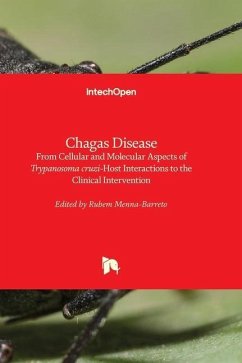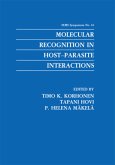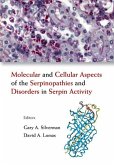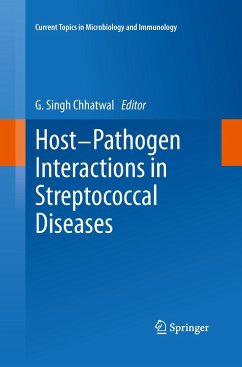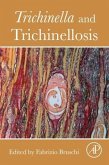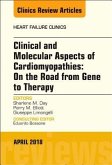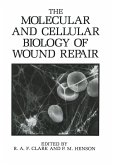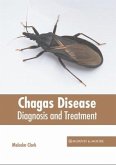Even 110 years after its discovery, Chagas disease is still an important public health problem, especially in Latin America where it is endemic. The limited effect of current treatments in the chronic phase of the disease, as well as the lack of information about disease progression, are crucial challenges that justify the intense research on this illness. The interaction between the etiological agent Trypanosoma cruzi and its invertebrate and vertebrate hosts involves the regulation of the parasite virulence and host immune responses. T. cruzi presents mechanisms to evade host defenses, including resistance to oxidative species and vesicles secretion, among many others. In this context, a better understanding of the biochemical and molecular features of the parasite's success inside its hosts could contribute to the development of novel anti-T. cruzi strategies such as prototypes of drugs and vaccines. This book discusses Chagas disease and its etiological agent, including information on relevant clinical aspects such as diagnosis, treatment, biomarkers, and so on. It also presents information about cellular, molecular, and biochemical characteristics of the parasite-host interactions.
Hinweis: Dieser Artikel kann nur an eine deutsche Lieferadresse ausgeliefert werden.
Hinweis: Dieser Artikel kann nur an eine deutsche Lieferadresse ausgeliefert werden.

